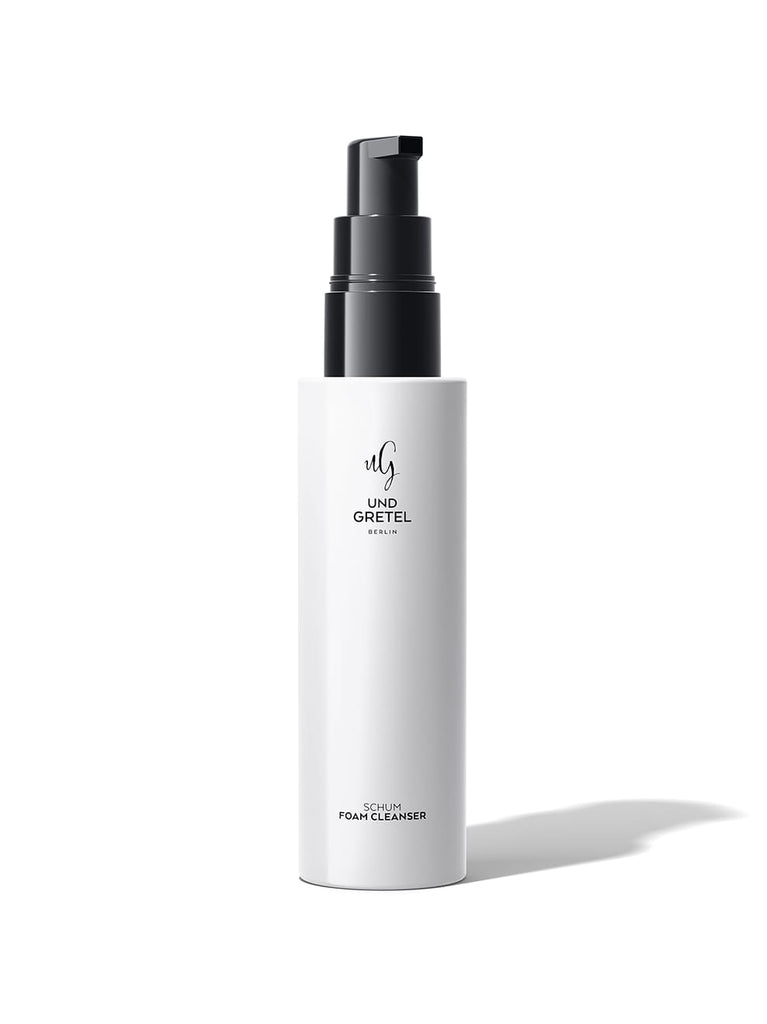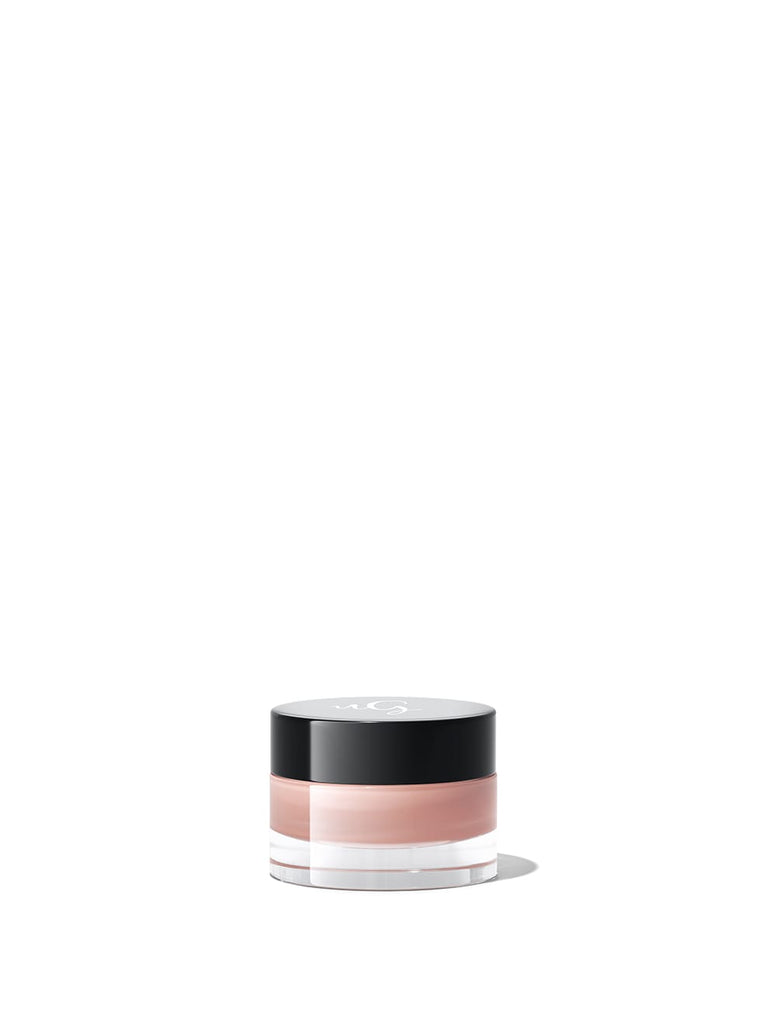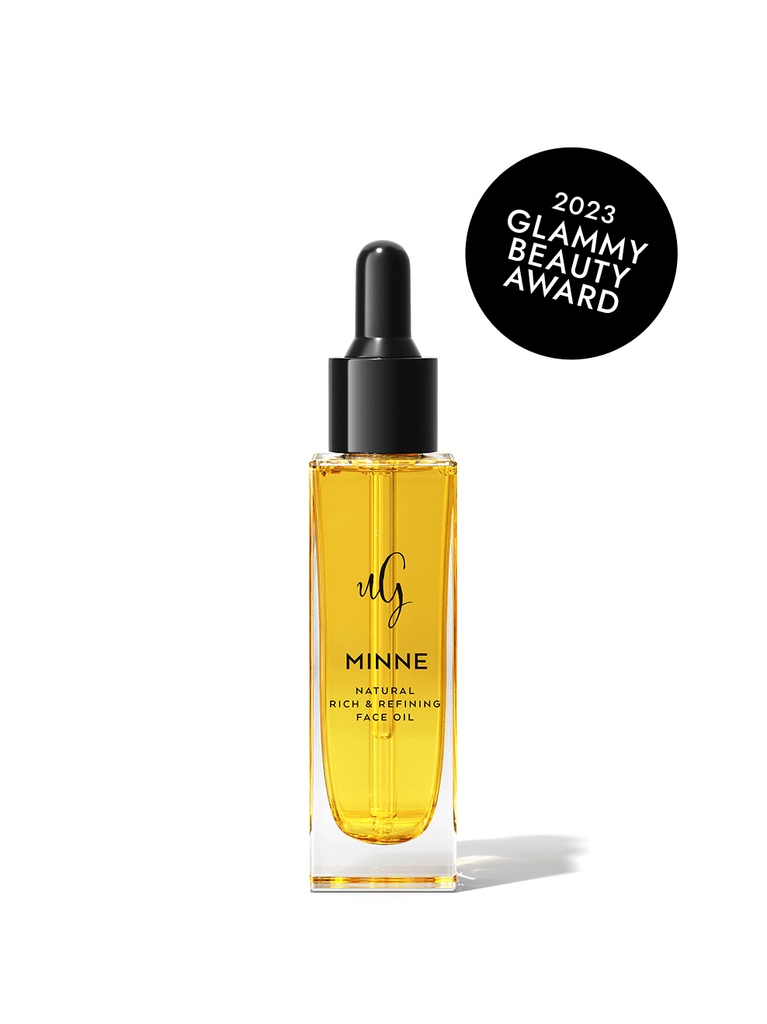Wondering exactly what powerful active ingredients are in the Skin Refining Essence and how to use them correctly for the most beautiful version of your skin? No problem – Karo will show you.
Want more insights into KLAR? Then let's talk KLARtext with our product developer, Marina!
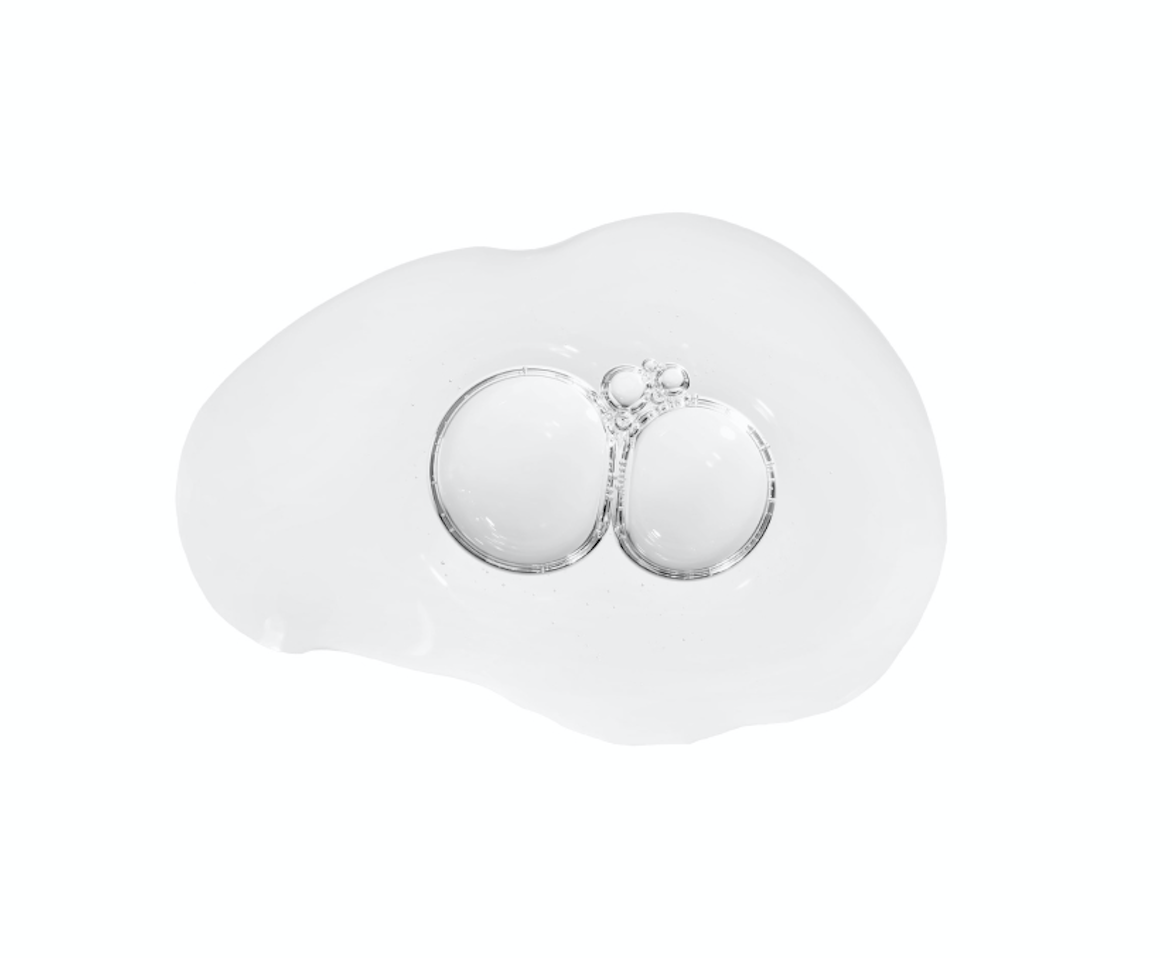
Active ingredients in KLAR
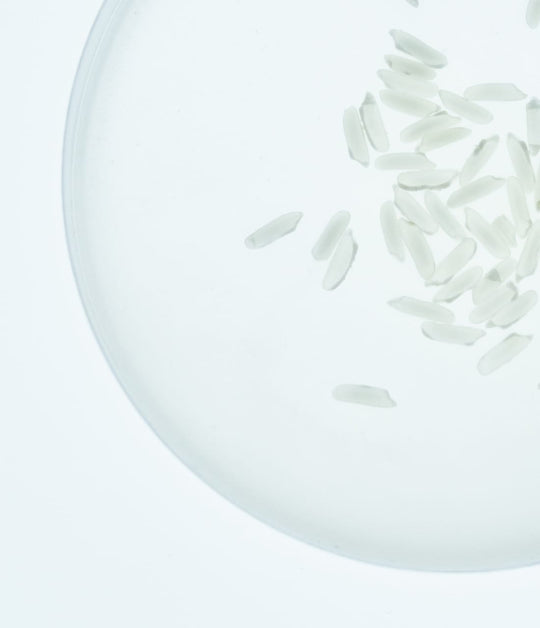
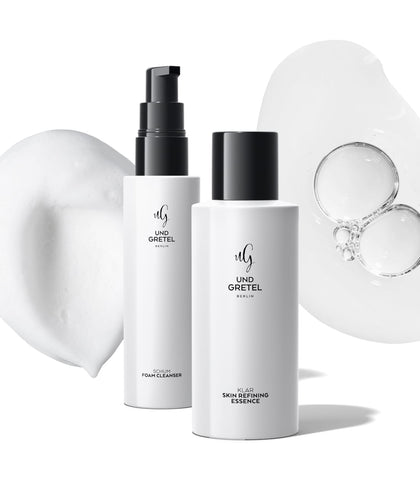
Cleanse & Refine – The Set
The name says it all: While SCHUM Foam Cleanser gently but reliably cleanses your skin, KLAR Skin Refining Essence then refines your skin's appearance from the ground up and ideally prepares it for your next skincare routine.
Gentle active ingredients for maximum effect. Now in a value set.
How facial toner helps skin health
Even the best facial toner makes more sense the better you understand it. To incorporate KLAR Skin Refining Essence into your cleansing routine, it makes sense to look at the bigger picture. It provides some clarifying answers to the most important questions about facial toner. Why do we need a facial toner? What are its functions within a skincare routine? Is it essential for facial cleansing? Are there any do's and don'ts when using facial toner?
It's worth taking a step back here to gain some perspective on the microbiome. The term refers to the totality of all microorganisms (e.g., bacteria or viruses) that colonize humans or other living beings, both internally and externally. And it encompasses a huge topic in medicine. These microorganisms may be invisible, but they are essential for overall health. If they're all in balance, that's great. If their balance is disturbed, that's unfavorable. Accordingly, the skin microbiome is increasingly becoming the focus of contemporary skincare—and at the same time, is driving a comeback of an older topic: pH.
Facial toner for the ideal skin pH value
The pH aspect was never really out of our minds. In dermatology and cosmetics, there is a consensus that a healthy pH value supports the microbiome, while an imbalance in pH makes the skin more susceptible to problems. The skin microbiome, or skin flora, refers to the community of microorganisms (e.g., bacteria, fungi, viruses) that naturally live on the skin's surface: a complex ecological unit that is essential for maintaining skin health. These microorganisms are largely beneficial and support skin functions. The skin's pH value, as a measure of the acidity or alkalinity of its surface, has a direct influence on the composition and health of the skin's condition: it regulates the barrier function and the microbiome. For reference: The skin's natural pH value lies between 4.5 and 6 and is an individual unit – every skin is just a little different.
The average pH of the skin is 5.5. A balanced, or healthy, pH promotes the growth of beneficial bacteria such as Staphylococcus epidermidis, which suppress pathogenic bacteria such as Staphylococcus aureus. This slightly acidic pH is considered ideal for protecting the skin from harmful microorganisms and preserving its moisture. Spoiler alert: The KLAR Skin Refining Essence facial toner has a pH of 4.5, which is considered skin-friendly.
The pH value – not always in balance
Both extrinsic (external) and intrinsic (internal) factors can influence the skin's pH. External factors refer to all external influences that can affect the skin's pH, such as cosmetic products. Alkaline soaps or cleansing products with a high pH (>7) increase the skin's pH, which can lead to irritation and a compromised barrier function. In contrast, acidic products—including clarifying toners or other low-pH care products—can lower the skin's pH. Other external factors include water quality, medications, and skincare habits. Hard water contains high levels of calcium and magnesium ions, which can increase the pH and dry out the skin. Soft water, on the other hand, can better preserve the skin's natural pH. Environmental factors such as extreme cold or heat, as well as low humidity, can destabilize the pH, and pollutants in the air can cause oxidative stress, weaken the skin barrier, and negatively affect the pH. And of course, it has an impact on the pH value, skin microbiome and the skin's own protective layer if chemical peels with alpha or beta hydroxy acids (lower the pH value) or washing too often or at too high a temperature are part of the skincare routine.
Intrinsic (internal) factors are biologically determined, usually have long-term effects, and are related to factors such as age, gender, general health, lifestyle, or genetic predisposition. Newborns, for example, have a neutral to slightly alkaline pH (approx. 7), which shifts into the acidic range only in the first few months of life. With increasing age, the skin tends to have a less acidic pH, which weakens the barrier and makes the skin more susceptible to infections. Genetic factors include individual predispositions and skin diseases such as atopic dermatitis or psoriasis, which often have higher pH values. Hormonal fluctuations during puberty or menopause also have an impact: increased sebum production due to hormonal changes in adolescence can slightly lower the skin's pH, which is why an anti-pimple facial toner for impure skin makes sense. During the hormonal decline in middle-aged and older women, on the other hand, the pH rises. The result: drier and more sensitive skin. Conditions such as atopic dermatitis, acne, or temporary infections have a strong impact on the skin's pH, which is why an antibacterial facial toner is recommended for sensitive skin. Diabetes, liver and kidney problems, and even chronic stress weaken the pH and thus the acid mantle. And, of course, the saying goes: You are what you eat. High sugar, fat, and industrially processed foods weaken the skin's condition and pH. A healthy, antioxidant-rich diet, on the other hand, helps keep it stable.
This short excursion shows how important a refreshing facial toner can be in skincare. Opting for mild skincare with pH-neutral products can help maintain the skin's natural pH and maintain healthy skin. KLAR Skin Refining Essence is slightly more acidic, but, as mentioned, is within the skin's pH balance. Using this facial toner supports the skin barrier enzymes, which are important for moisture content and defense function. After all, every facial cleansing also partially removes the acid mantle. But because it is important and should not be omitted, it is important to restore the skin's acidic pH after cleansing. Long story short: KLAR Skin Refining Essence, with its pH value of 4.5, is a good facial toner for ensuring an acidic start to your skincare routine.
To do this, apply a small amount (2 ml) of Skin Refining Essence to your hand each morning and evening, spread it on, and pat it into your face. Then, a light, very skin-friendly day cream like ZART can complete your skincare routine. Ideally, the toner essence should be stored in a cool, dry place. This also has the added effect of a refreshing facial toner, creating a particularly rosy, radiant complexion.
What is in KLAR facial toner?
The vegan Skin Refining Essence is COSMOS ORGANIC-certified and formulated with, among other ingredients, rice extract , rice water , aloe vera, glycerin, and rose petal water . These active ingredients (most of which are also found in SCHUM Cleansing Foam) work together to soothe skin and even the complexion. Aloe vera and glycerin increase moisture and soothe the skin. Rice extract and rice water keep the skin in good condition and nourish it. Rose water nourishes and protects the skin, and glycerin (sugar alcohol), as a skin component, is part of the skin's own hydrolipid mantle and a very effective moisturizer, whether in facial toner or in creams and lotions.










